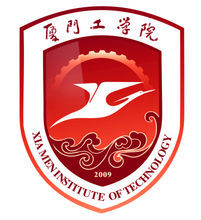Educational Sciences
History of Education
Principles of Pedagogy
Educational Psychology
Teaching Practice
Curriculum and Pedagogy
Preschool Pedagogy
Higher Education
Physical Education and Physical Education
Vocational Education
Special Education
Blended Learning
Educational Technology Studies
Online Education and Training
Educational Games and Simulations
Virtual and Distance Education
Instructional Design and Technology
Curriculum Design and Innovation
Innovative Education Systems and Applications
Interdisciplinary Research
English Education
Social Culture
Management Science
Social Sciences
Psychology
Culture
Law
Politics
History
News
Technology Development
Communication, community and e-society
Geography and Geosciences
Health Affairs and Services
Business, Finance, Tourism Management
Complexity of human and social evolution
Human development based on psychological and social concepts
Innovation, Technology and Society
International relations and cooperation
Cognitive, psychological and behavioral sciences
Humanities and Social Sciences Related Topics



 The topics of interest include, but are not limited to:
The topics of interest include, but are not limited to: Please send the full paper(word+pdf) to Submission System :
Please send the full paper(word+pdf) to Submission System : 